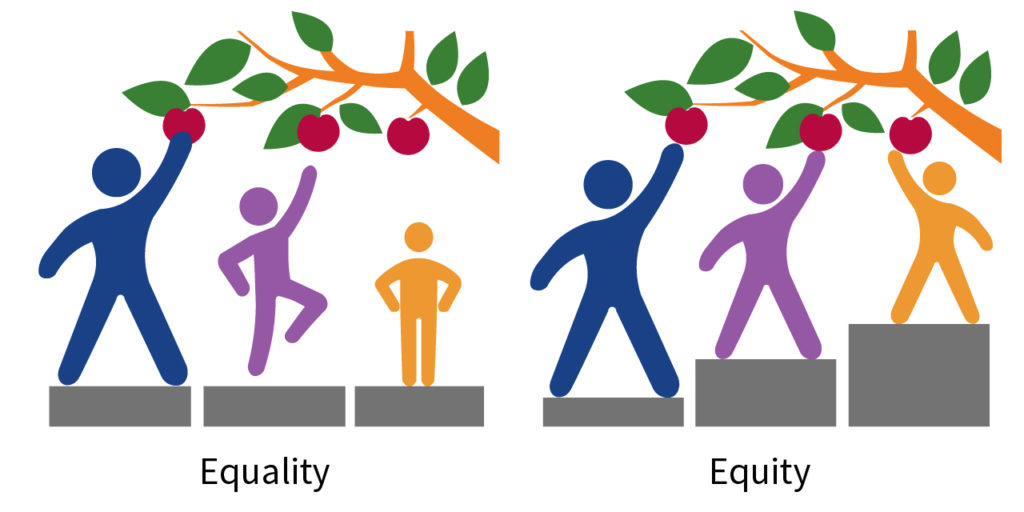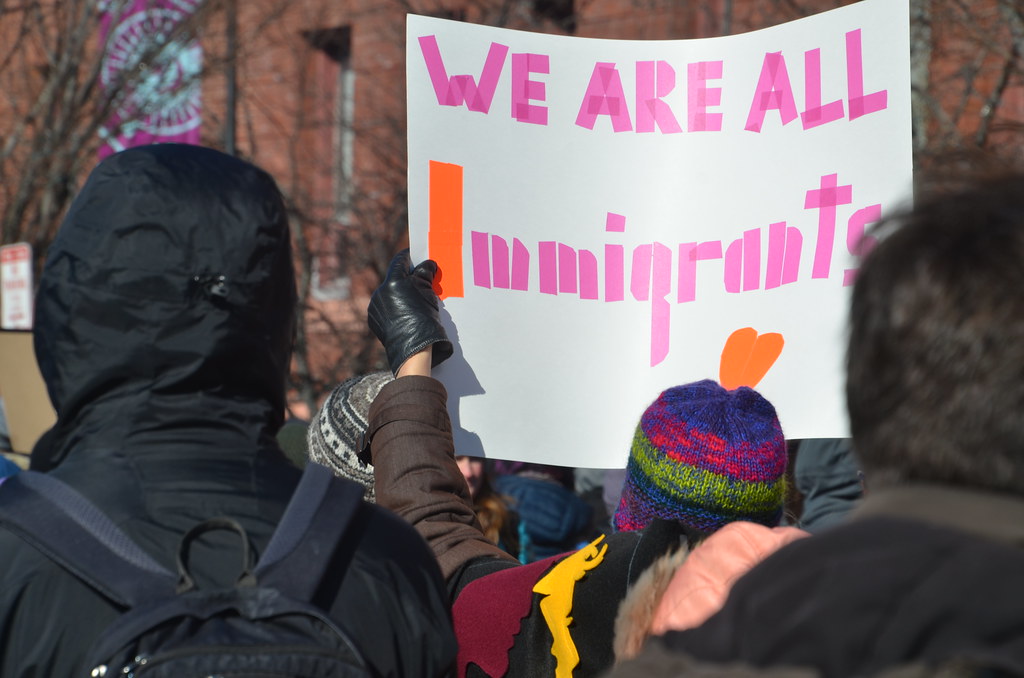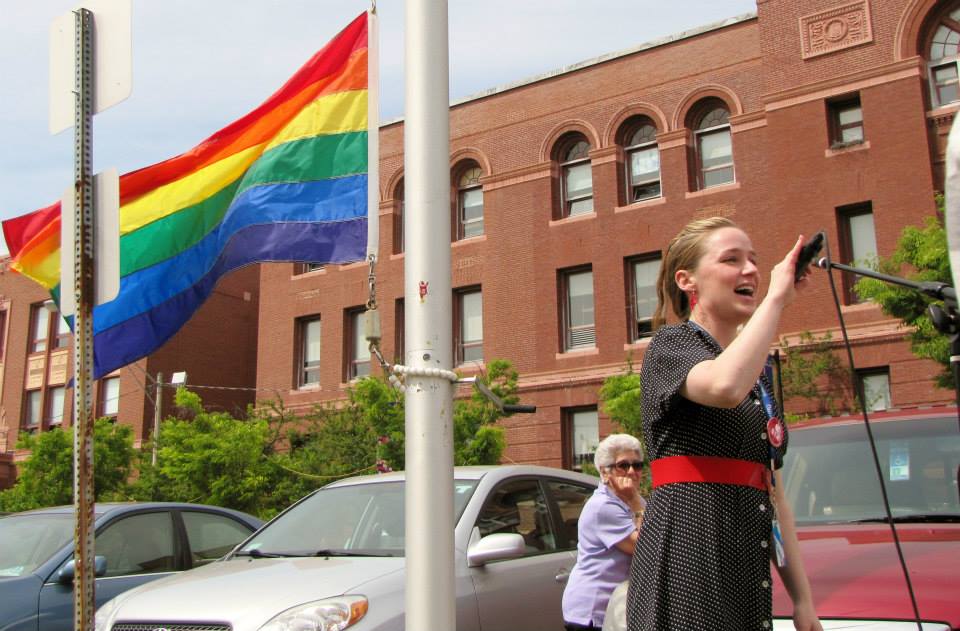AN EQUITABLE SOMERVILLE

Equity and equality are two strategies used in an effort to produce fairness. Equality is treating everyone the same. Equity is giving everyone what they need to be successful. By striving for equity, we are seeking to mitigate historic discrimination or other factors that prevent people from being successful today.
Equity is one of our central community values. By considering what everyone needs to be successful, it goes beyond equal opportunity for all community members regardless of race, gender identity, sexual orientation, immigration status, nationality, ethnicity, income, age, and physical ability. What a person may need may differ depending on their background. Putting equity at the core of our policies is how we live up to our ideals and ensure our community remains safe, vibrant, and supportive of all. In Somerville, we’re striving towards equity. Our policies must consider how to acknowledge and mitigate historical inequalities. Policies will look different for civic engagement, economic opportunity, housing, healthcare, and educational attainment. For example, our immigrant community has fueled our small business growth and contributed to the cultural diversity that put Somerville on the map. However, some immigrants can feel unsafe engaging with government at any level because of national policy, experiences of government in their countries of origin, or xenophopic rhetoric in the broader culture. The SomerViva Office of Immigrant Affairs (SOIA), which aligns with our values from SomerVision to support diversity, was founded in part to address both inequality and inequity. Initially, SOIA focused on striving to ensure that language or culture was not a barrier to accessing city services, programs, or to participating in public discussions and overall civic life. They also hosted cultural events to share and celebrate our diverse cultures. Many of those goals were about creating equality: equal access to city services and equal representation of their viewpoints. But since its creation, SOIA has also expanded to advocating for immigrants locally and nationally; assisting them with navigating social services, the immigration system, completing processes such as an affordable housing or business license application, and they have created safe spaces for sharing feedback with City staff. By providing this extra support, the City aims to adress inequities by ensuring immigrants, many of whom have experienced historical inequities due to their race, ethnicity, or nationality, to overcome barriers and become safe, secure, active members of our community. Our SomerVision Committee members have been clear from the beginning that equity needed to be central to the SomerVision 2040 planning process, document, and subsequent implementation. City staff convened the SomerVision Committee (SVC) with the hope of including many different viewpoints and experiences, but the Committee was also tasked with viewing their work through an equity lens. At the conference in April, Staff led a session about equity, and several members of the SVC formed an Equity Advisory Group to keep the conversation going. Throughout 2019, Staff, the Equity Advisory Group, and the SVC as a whole continued discussing equity, conducting exercises, and providing materials about equity. The working groups were pushed to consider how their topic chapters would affect populations differently and what historic inequities might be at play. Equity is an ongoing conversation, not a task that gets checked off, but we are proud to incorporate it as a core principle of this document.
POLITICAL CAPITAL & ADVOCACY
One aspect of equity that was discussed in many of the subsequent Topic Chapters was political capital and power. Socially and economically disadvantaged communities have the least power in shaping the institutions that often could assist them. Even when public institutions try to bridge the political capital gap and seek participation from those groups, a justifiable lack of trust, born out of past experiences, can limit civic engagement. For instance, if action is not taken from an issue raised at a public meeting, why would a person choose to participate in another one? This is especially true in disadvantaged communities where available time, childcare, and knowledge may be further limited by social and economic factors. All of the Topic Chapters wrestle with equity and political capital in some way. How do we create public space that is inclusive to all residents? How do we plan for transportation in a way that incorporates those who are traditionally left out from these processes? The Community and Governance topic chapter—which was created as a result of interest at the SomerVision Conference—focuses on the issue of political capital most directly. Working group members discussed civic engagement, diversity, and government processes and structures, and brainstormed how to lower the barriers to participation in city life. Identifying barriers and working to accommodate all residents who want to participate in the process is essential to including more diverse voices in the decision-making process.To build trust, we must demonstrate as a broader community that we recognize the issues our residents are facing. Even with our best efforts, we will never have everyone in the room where decisions are being made, but we can do better. It is up to all of us to educate ourselves about others’ experiences and empower each other to participate and advocate. As a City, we must work to grow political capital within historically disadvantaged communities while also building their trust and confidene in our public processes.




